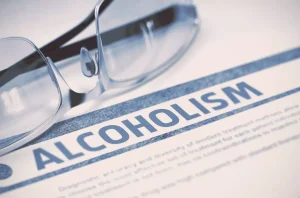
They’re likely cooked in unhealthy fats, like saturated and trans fats, and aren’t very nutritious. Heavy drinking makes it harder for your organs to work the way they’re supposed to, especially your stomach lining, pancreas, intestines, and liver. Loss of appetite is one of the signs of liver diseases like cirrhosis and alcoholic hepatitis.
- Because alcohol can interfere with the body’s ability to synthesize and absorb L-glutamine, people who drink heavily are often deficient in this amino acid, which can impact their mental health.
- The first step in addressing a B-complex deficiency is to increase the amount of B-vitamin foods you consume 5.
- In older people, this can lead to fractures as they are more likely to get osteoporosis.
Basic Supplements for Recovery
In alcoholics, consistent alcohol consumption can impair protein synthesis, negatively affecting the body’s ability to regenerate and repair damaged cells. Therefore, it is essential for individuals in recovery to Substance abuse consume adequate amounts of protein through foods such as lean meats, poultry, fish, legumes, and dairy products. To maintain healthy thiamine levels and support brain function, you should consume a balanced diet rich in thiamine sources. Moreover, medical professionals often recommend supplementing with oral or intravenous thiamine, especially for individuals with alcohol use disorder. A vitamin B complex supplement is typically recommended to correct deficiencies and promote liver health in heavy drinkers.
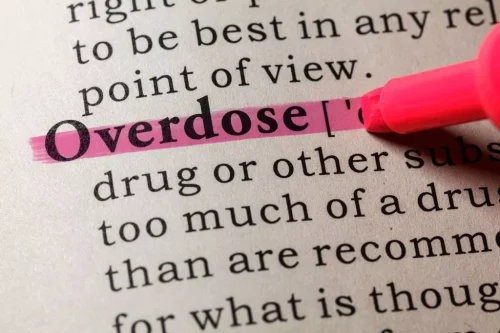
Magnesium and Zinc
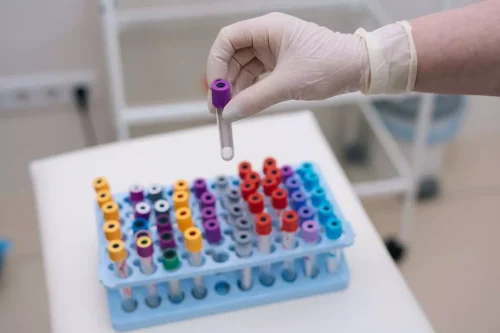
Omega-3 fatty acids are essential nutrients that play a significant role in brain health and function. They are known to help reduce inflammation, support cognitive processes, best vitamins for recovering alcoholics and enhance mood. For those recovering from alcoholism, incorporating omega-3 fatty acids into their diet can aid in repairing alcohol-induced damage to the brain and promote overall mental well-being. Foods rich in omega-3 fatty acids include fatty fish like salmon, walnuts, and flax seeds.
The Best Vitamins for a Person With Alcohol Use Disorder
In the journey towards recovery from alcoholism, replenishing your body’s nutrients is crucial. A lack of B vitamins can lead to fatigue, memory problems, and reduced alertness, so ensuring your body gets enough B vitamins is important during alcohol withdrawal and recovery. In the journey towards recovery from alcoholism, replenishing your body’s nutrients is crucial. Certain supplements, such as vitamin B complex, magnesium, and omega-3 fatty acids, can help support energy production and reduce symptoms of alcohol withdrawal. However, it’s essential to consult with a healthcare professional before adding any supplements to your regimen, as they can interact with medications or worsen underlying health conditions. The B vitamins are essential for overall health, and during alcohol withdrawal, they can help restore balance in the body.
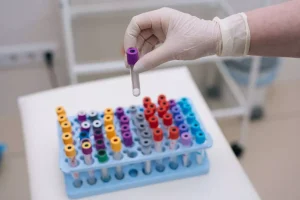
- This makes a person with alcohol use disorder more likely to have one or more vitamin deficiencies.
- Most people can get enough vitamin A from eating dairy, oily fish and liver.
- Taking supplements can help alcoholics in experiencing withdrawal symptoms or undergoing detoxification.
- They aid in blood flow, organ, cell, and nerve function, and fight infections.
- Deficiencies in vitamin C can cause symptoms that include irritability, weakness and muscle fatigue.
If you’re looking for the most necessary vitamins to include moving forward, this article is for you. It eases inflammation and protects the thin layer that surrounds your brain cells, called the cell membrane. Canola, olive, safflower, sesame, and sunflower oils are good sources of healthy fats. Alcohol and poor eating can stop your liver from releasing glucose into your blood. Excessive drinking has numerous impacts on your body and mind, ranging from mild to severe.
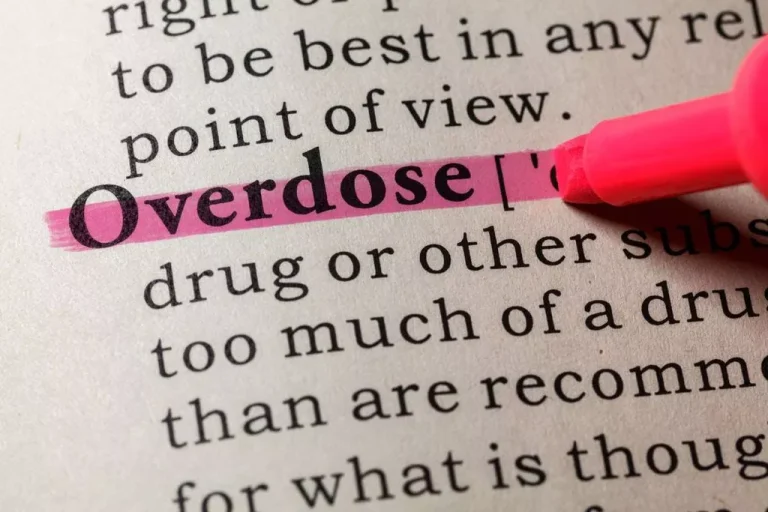
Health Conditions
Magnesium plays a crucial role in regulating neurotransmitters and relieving anxiety, which can be particularly helpful during the recovery process. Additionally, zinc supplementation can support the immune system and aid in the body’s natural detoxification processes. Vitamin A deficiency in alcoholism can lead to vision problems, weakened immune function, and skin issues. This vitamin is crucial for maintaining healthy vision, promoting immune system function, and supporting the growth and repair of skin tissues. Additionally, minerals like magnesium, selenium, and zinc, along with herbal supplements like milk thistle, can provide further support to the liver during alcohol recovery.
What Vitamins Help the Liver Recover from Alcohol?
For a healthy, balanced diet, experts advise 45% carbohydrates, 30% healthy fats and 25% protein. Sticking close to these numbers can promote recovery and help alleviate some of the stress detox puts on your body. A holistic approach to alcohol use disorder treatment also addresses mental health, cognitive aspects, and behavioral therapies. These therapies aim to help you understand the underlying causes of your addiction, change unhelpful patterns of thinking, and develop healthier coping mechanisms.


